Roads Australia Insider – January 19, 2018 last updated on January 21, 2018
Horror Christmas road toll has safety experts scratching their heads
Governments across Australia are again looking for answers following another horrific Christmas – New Year holiday road toll.
Across the country, 36 people died as a result of collisions over the period from December 23 to December 31. With national statistics for the first three days of January still to be confirmed, the holiday toll is on track to eclipse the 39 killed in the corresponding period last year (Dec 23, 2016 – Jan 3, 2017).
There was, however, some positive news. The Federal Government reported a 5.3 per cent fall in fatalities nationwide in the 12 months to December, from 1293 deaths to 1225 – although this hopeful sign was overshadowed by a number of horrific multi-fatality accidents through late December and early January, including one on the NSW South Coast that claimed five lives.
State by state, WA recorded the largest fall in fatalities during 2017 (-17.6 per cent), followed by SA (- 17.4) and Victoria (-12.8). Among the territories, both the NT and ACT recorded significant percentage falls (-31.1 and -54.5 respectively).
Queensland (-1.2) and Tasmania (-2.7) effectively trod water, while NSW was the only state to record an increase in fatalities over the year – from 380 to 392 (+3.2 per cent).
With Australia’s most populous state already reeling from a particularly deadly Christmas holiday road toll, the early signs for 2018 were not looking good. Over the first 17 days of this year, 24 people were killed on the State’s roads – up from 13 for the same period last year.
In response, Premier Gladys Berejiklian this week announced an immediate crack-down on drug drivers by strengthening laws and boosting roadside drug testing.
Ms Berejiklian said it had become clear that more action was needed after preliminary data showed that drug-affected drivers were a major contributing factor in 36 fatal accidents in the first half of 2017, resulting in 42 deaths.
Meantime, the Staysafe Committee of the NSW Parliament announced this week it was expanding its inquiry into heavy vehicle safety to review the increase in road fatalities between December 2017 and January 2018.
The Committee received a request from Roads, Maritime and Freight Minister, Melinda Pavey, to expand the terms of reference to its current inquiry in order to examine the tragic spike in road fatalities over the recent holiday period.
Committee Chair, Greg Alpin, also noted recent work undertaken by the Committee into driverless car technology and the role of lifetime driver education in improving road safety, including the issue of unlicensed drivers.
Fuel-excise: is it fair, asks Fletcher
Urban Infrastructure Minister, Paul Fletcher, has underlined the fundamental inequality in how Australian motorists pay for roads.
Speaking on ABC News Breakfast, Mr Fletcher, questioned the fairness of the current fuel-excise funding model.
“If you’re using a 10 or 12 year old Holden Commodore, you end up, through the fuel excise system, in effect, paying about 4.5 cents per kilometre to use our roads, whereas if you are driving a brand-new Tesla, you’re not paying through the fuel excise system at all,” he said.
“And so one of the questions is: is that fair?”
Mr Fletcher also underlined the Government’s commitment to a review into Australian road funding and pricing, but indicated fundamental reform would be a long journey.
“This year we intend to kick off a review led by an eminent Australian into the question of how we fund and pay for Australia’s roads,” he said.
“I’d make the point this would be a 10 to 15 year journey if there were to be any change here. We’re not talking about any immediate changes here.
“We’d need to be satisfied it was a better system, a fairer system, and a system that produced better roads.
“But we are spending $24 billion a year on our roads, so there’s very substantial expenditure.
“Many Australians don’t understand, or are not aware, that they are paying to use our roads today through the fuel excise system, through state motor vehicle registration charges, through a whole range of other ways.
And so it is worth having a look at what is the system today, and are there any changes that could be made to it.”
Roads Australia welcomed the Minister’s comments this week.
“It’s the very beginning of a long discussion with Australians about changing the way we fund and pay for roads. Fairness and equity for all is the key focus,” said Chief Executive, Ian Webb.
“The Minister continues to openly discuss the funding challenge and delivers strong logic for change,” he said.
“Sharing knowledge and communicating with the Australian public is an important part of the process to understand how to create the best possible system and generate support for positive change.
“We’re looking forward to working with the eminent Australian, once announced, on practical steps forward.”
